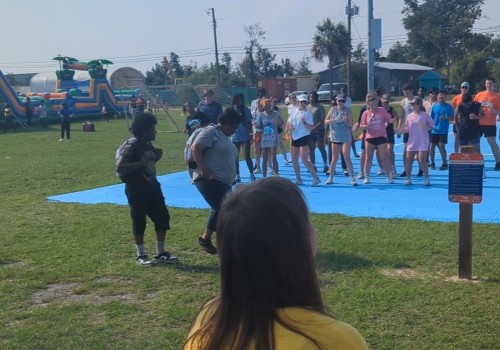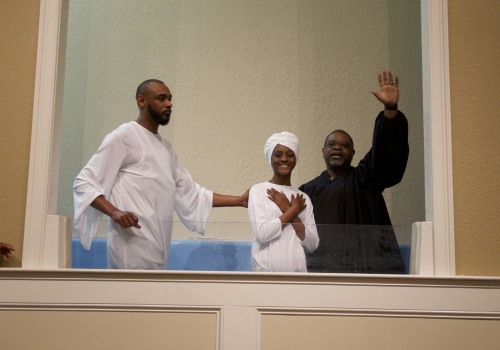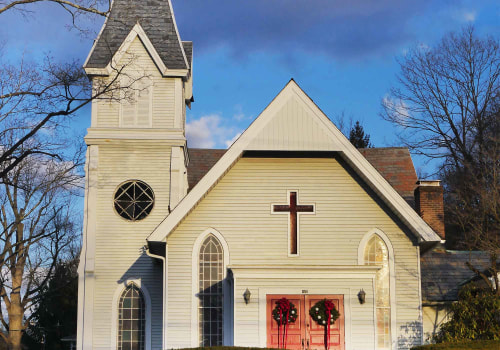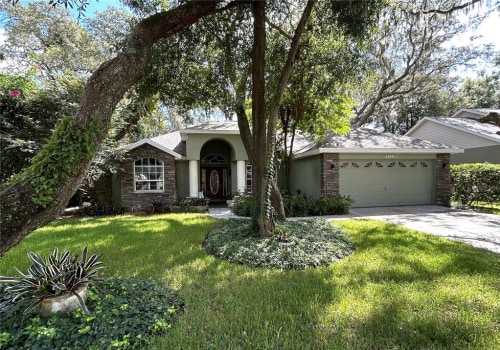Descendants of Baptists who settled in the American colonies in the 17th century, Southern Baptists formed their own denomination in 1845, following a break with their northern counterparts over slavery. The Southern Baptist Convention, as the denomination is formally known, has been in the news recently amid questions about its pro-slavery past and allegations of sexual abuse. Last year, one of the denomination's leading seminaries fired its president for an alleged cover-up of a rape. The Pew Research Center is a nonpartisan information center that informs the public about the issues, attitudes, and trends that are shaping the world.
It conducts public opinion polls, demographic research, analysis of media content, and other empirical research in social sciences. The Pew Research Center does not take political positions. It is a subsidiary of The Pew Charitable Trusts. At a Baptist church, such as Harmony Baptist Church, you'll typically find a Bible-centered approach to addressing political and social issues.
Trump arrived at the White House thanks to the crucial votes of Latino evangelicals and Pentecostal believers in Florida. The host of the first night of the annual meeting of the Southern Baptist Convention was the Conservative Baptist Network, an upstart group that some observers have compared to the MAGA wing of the Republican Party. Recent data released by the Pew Research Center shows that among lay Southern Baptists, 47 percent are politically conservative, 39 percent moderate, and 14 percent liberal, while 86 percent of Southern Baptist pastors are conservative. Benjamin Cole, a longtime SBC member and chronicler of CBS politics on the Baptist Blogger site, said he believes the Conservative Baptist Network focuses more on division and political power.
Only 6 percent of clergy and 11 percent of lay people believe that their own church is heavily involved in local politics or political affairs; the numbers are almost identical in terms of participation in national politics or in political affairs. Conservatives represent 86 percent of Southern Baptist ministers, 79 percent of ministers from other Baptist groups, and 73 percent of Pentecostal ministers. It is less likely to be considered appropriate in churches to encourage people to vote on certain issues (41 percent of ministers and 24 percent of lay people), to encourage people to protest or get personally involved in controversial issues (35 percent of ministers and 23 percent of lay people), and to invite political candidates to speak at church (only 14 percent of ministers and 20 percent of lay people). Several of Florida's conservative religious leaders recently listened to two potential candidates for the 2024 Republican presidential nomination: former President Donald Trump, who lives in Palm Beach, and Governor Doral.
In conclusion, it is clear that while there are some differences between pastors' theology or personal political opinions when it comes to involvement in local politics or political affairs, overall participation is low among both clergy and lay people. However, it is important to note that conservative religious leaders have been influential in recent elections and may continue to be so in future elections.



